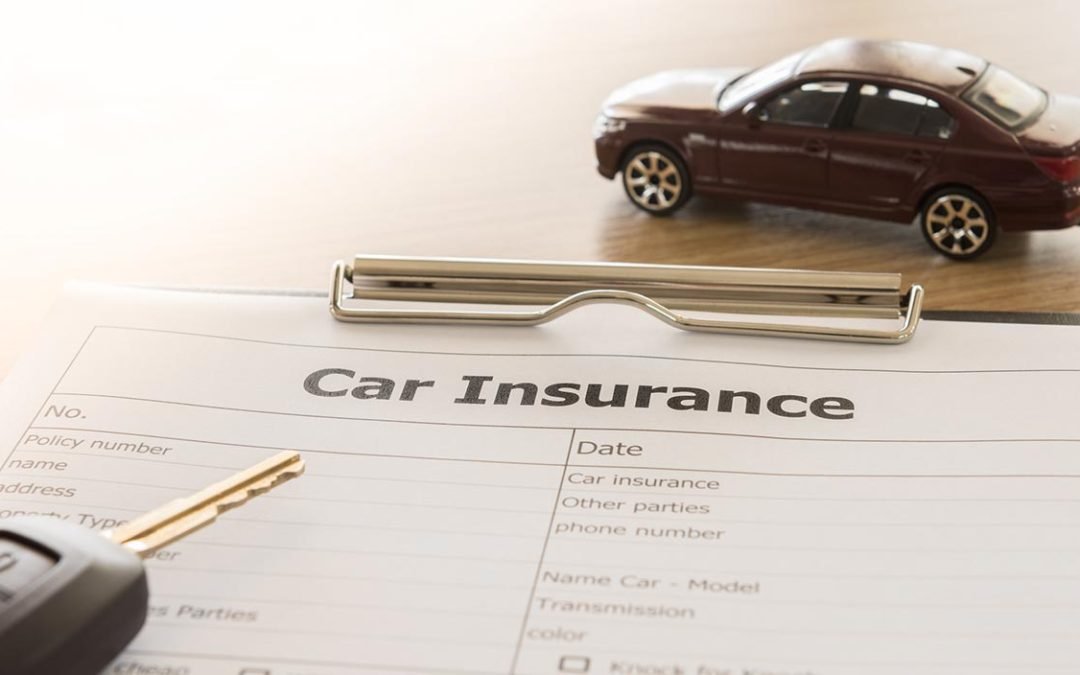Managing a corporate fleet comes with inherent risks, such as accidents, property damage, and employee injuries. Ensuring that your company has the right insurance policies in place is crucial to protect your assets and mitigate potential financial and legal risks. In this article, we will discuss the essential insurance policies for corporate fleets and highlight their importance in managing fleet risks effectively.
Types of Insurance Coverage
Commercial Auto Liability Insurance
Commercial auto liability insurance is a foundational policy for any corporate fleet, providing coverage for bodily injury and property damage caused by your company’s vehicles. This policy typically includes:
- Liability coverage: Protects your company against third-party claims for bodily injury or property damage resulting from an accident involving one of your fleet vehicles.
- Medical payments coverage: Covers medical expenses for the driver and passengers in your vehicle, regardless of fault.
- Uninsured/underinsured motorist coverage: Protects your company if an accident is caused by a driver who has insufficient or no insurance to cover the resulting damages.
Collision and Comprehensive Coverage
While commercial auto liability insurance covers damages to other parties, collision and comprehensive coverage protect your company’s vehicles. These policies cover:
- Collision coverage: Pays for damages to your vehicle resulting from a collision with another vehicle or object, regardless of fault.
- Comprehensive coverage: Covers damages to your vehicle caused by non-collision events, such as theft, vandalism, fire, or natural disasters.
Hired and Non-Owned Auto Insurance
If your company occasionally rents or leases vehicles, or if employees use their personal vehicles for company business, hired and non-owned auto insurance is an essential policy to consider. This coverage protects your company from liability arising from accidents involving vehicles not owned by your company but used for business purposes.
Cargo Insurance
For fleets that transport goods, cargo insurance is crucial to protect against the loss or damage of the cargo in transit. This policy typically covers damages resulting from collisions, theft, or natural disasters, as well as legal liability for the value of the goods being transported.
Workers’ Compensation Insurance
Workers’ compensation insurance is essential for companies with employees who operate fleet vehicles, as it covers medical expenses, lost wages, and rehabilitation costs for work-related injuries or illnesses. Additionally, this policy provides protection against potential lawsuits from injured employees, as it typically includes an employer’s liability component.
Fleet Telematics and Usage-Based Insurance
Fleet telematics systems collect data on vehicle usage, driver behavior, and operational efficiency. Some insurers offer usage-based insurance policies that use this data to adjust premium rates based on actual vehicle usage and risk. Implementing a telematics system and opting for usage-based insurance can potentially reduce your insurance costs while encouraging safer driving habits among your employees.
Umbrella or Excess Liability Insurance
Umbrella or excess liability insurance provides additional coverage beyond the limits of your primary policies, such as commercial auto liability and workers’ compensation. This policy can protect your company against large claims or lawsuits that could potentially exceed your primary coverage limits, ensuring your company’s financial stability in the face of significant risks.
Managing fleet risks effectively requires a comprehensive approach to insurance, ensuring that your company has the right policies in place to protect its assets and mitigate potential risks. By obtaining appropriate coverage for liability, property damage, employee safety, and other potential exposures, you can safeguard your company against the financial and legal repercussions of accidents or incidents involving your corporate fleet. Always consult with a knowledgeable insurance agent to assess your fleet’s unique risks and determine the best insurance solutions for your business.

Patrick M. is Editorial Director for the always expanding DriveSafe Online library of courses. With over two decades of experience developing award-winning training, he now focuses on innovating online driver safety training. Pulling from his background in journalism, he steers the wheel behind the creation of top-tier content that promotes a better journey—whether on the digital highway of learning or the real roads we travel every day.
